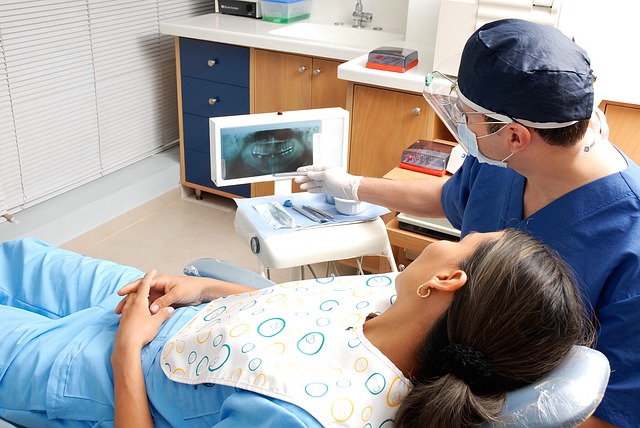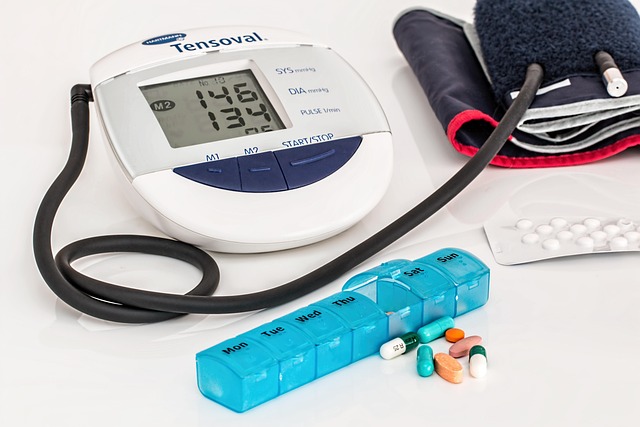The Future of Healthcare: Voice-Based Patient Identification for Technological and Health Innovations
As we stand on the brink of a new era in healthcare, the integration of voice-based patient identification is emerging as a revolutionary development. Imagine walking into a clinic, and with just the sound of your voice, your medical records are instantly accessed, verified, and your personalized treatment plan is activated. This concept, once seen in science fiction, is now rapidly becoming a reality thanks to advancements in artificial intelligence.
Technological Innovations
At the heart of this transformation is the power of advanced machine learning algorithms and natural language processing. These technologies are capable of understanding the nuances of voice, detecting unique vocal patterns, and interpreting emotional cues. This enables healthcare providers to not only confirm a patient’s identity but also gauge their emotional state and overall well-being through voice analysis.
Imagine a scenario where a patient, who may feel anxious during a medical appointment, can be identified through their voice alone. The system could alert the staff to provide them with additional support, making the experience more comforting. This level of personalization powered by voice-based patient identification is set to revolutionize how we approach patient care.
Health Innovations
In addition to operational efficiencies, voice-based technology can lead to significant health innovations. The potential for increased accessibility is monumental. Patients with mobility issues, for example, will benefit from a system that eliminates the need for traditional identification methods like ID cards or paper forms. Instead, they can simply speak, and their identity is verified in seconds.
Furthermore, this technology can bridge language barriers in multicultural societies. By incorporating multilingual support, patients can receive tailored healthcare information in their native tongue, fostering a more inclusive environment. Voice recognition systems can help ensure that no one is left behind in the quest for quality healthcare.
Enhancing Patient Engagement
Another significant advantage of implementing voice-based patient identification is the enhancement of patient engagement. When patients feel recognized and understood, their trust in healthcare systems grows, leading to better compliance and outcomes. They can easily access their health information, schedule appointments, and even receive reminders via voice-activated devices, creating a seamless interaction that encourages proactive health management.
As AI continues to evolve, the incorporation of voice technology into healthcare operations represents not just a technological upgrade but a fundamental shift in how we think about patient interaction and care. The future of healthcare is not solely about advanced tools and treatments, but about humanizing the experience—making it more accessible, friendly, and responsive to each individual’s needs.
In this new age of healthcare, voice becomes a powerful tool for connection, empowerment, and innovation. As we embrace these advancements, we pave the way for a more efficient, empathetic, and inclusive healthcare system that stands to benefit us all.




